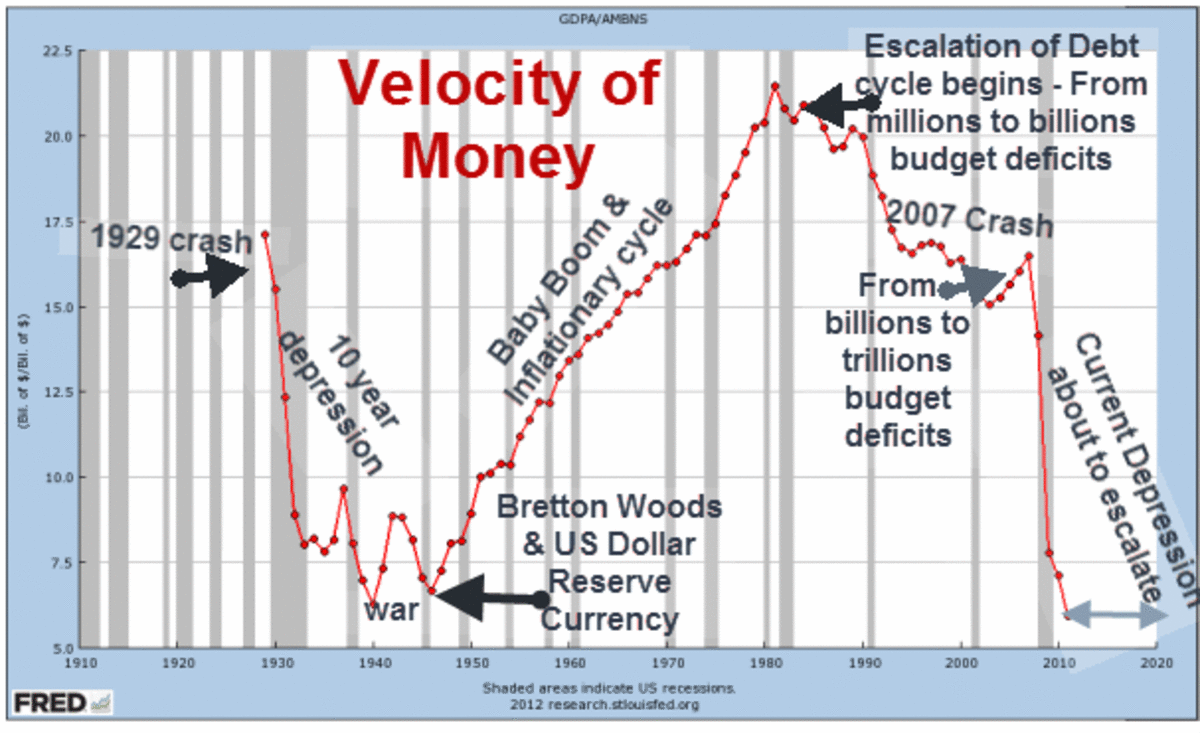Great Recessions: “Post Party Morning Sickness!”

In essence, in mainstream economic theory, recessions are a time to cool the engine’s pistons off a bit. Remember when you were a teenager and you had this natural ebullient type personality; whenever it came time to attend a social gathering, your anxiety level became very high—the weeks, days, hours and minutes leading up to the actual event felt really good--right? Then, the party began and you were inside of the event itself, you didn’t want it to end. There you were: young, dressed-nice, everyone was socializing having fun; but then, the clock suddenly struck a certain “mysterious time” and you realized that all this could be coming to an end soon. Then, for some odd reason, it happened: a few people started departing and leaving. More started leaving, then, the last bunch reluctantly realized they too had to depart as well. This “mysterious time,” in theory, could be the impetus for the start of great recessions.
If the actual recession represents a period of recuperation—a time to reflect, cool off from the event, then this “mysterious time” has to represent the starting point of the inevitable the down fall. Nevertheless, you could make the argument that the initial makings of great recessions are mysterious "states of mind" that end up getting tired of the actual event itself. Alas, whenever this “state of mind” realizes that the event is constrained by time, it simply “gives-in” and starts coming down off its high—sinking into a reverse state of dormancy.
For this very same reason recessions can’t be that hard to predict—namely, if you see a big party going on with illogical participants—lead on by ill-advised chaperons—something could be wrong with that picture. Most past recessions can be characterized by those really long mornings when you’re feeling sick thus time never seem to be moving fast enough: a kind of morning sickness at its worst. Could this have been avoided? Sure it could have. The answer to this question lingers over the heads of the chaperons who threw the party, enticed the participants to drink and even got involved in the party themselves.
What the hell do teenagers know about the consequences of alcohol consumption? The chaperons should have known better of aiding and abating this party and must take responsibility. This said, here’s the thing about ill-advised government policy, just like the enticement of the thoughtless chaperons, the government—not thinking of the consequences—and in its desire to make the party livelier, created a natural impetus for abject post economic conditions. Someone has to take blame for an “out of control” party—and the fingers should always point at the people who should have known better.

After Party Morning Sickness
The main culprit of most recessions boils down to misallocations in both monetary and fiscal policies which tends to distorts aggregate demand: this sends an almost instantaneous shock to the productive capacity of the economy; which then induces a “false boom” that reaches a mysterious crescendo. Afterwards a kind of a "reverse domino effect” precipitately causes a nasty spillover into what's called an economic trough--aka, an economy at its nadir.
We all know that aggregate demand has to fall in order for a recession to take place. What many fail to realize is that a recession isn’t anything more than a demand problem—supply doesn’t really go anywhere. In essence, individuals and firms no longer desire to purchase goods and services at the same pace that suppliers are willing to produce them. Again, “after party morning sickness” stems from a lack of desire more than anything else: you’ll find very few teenagers desiring to party in the morning after just partying hard all night long. In expansionary booms, the government’s job should be considered very simple: play overseer, make sure that nothing gets out of hand, but don’t get too involved.








